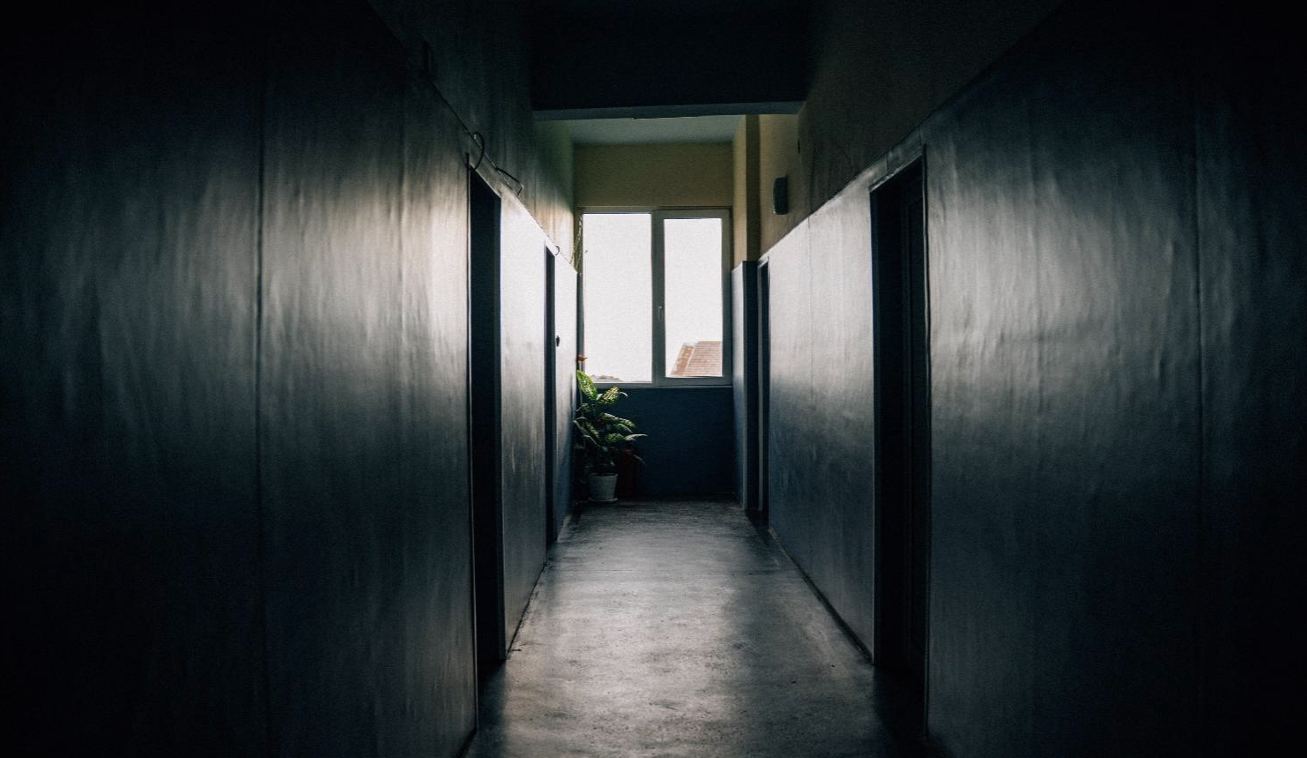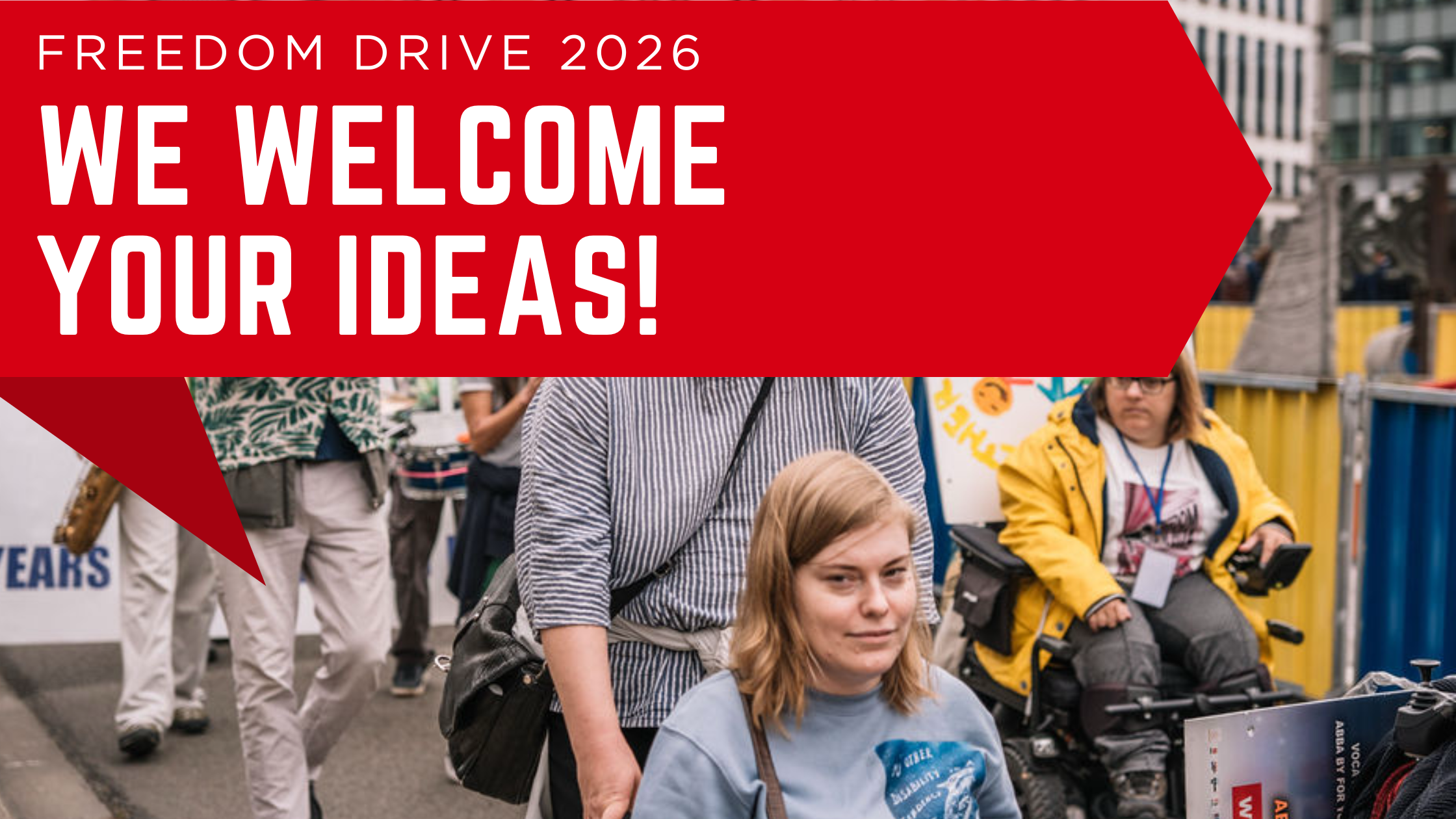In view of the dialogue between France and the Committee on the Rights of Persons with Disabilities (CRPD Committee), which is scheduled for August 2021, Coordination Handicap et Autonomie – Vie Autonome France (CHA – France) – supported by ENIL – sent a number of recommendations for the Concluding Observations.
The contribution gives an overview of the situation of independent living in France and underlines problems disabled people face. It is highlights that in order to ensure the self-determination of disabled people, it is important to provide financial resources that are currently insufficient. It is also important to develop support, such as personal assistance, so that disabled people can live independently in their own homes.
Recommendations:
For a non-medical approach:
– Individual needs must be taken into consideration and not only a medical approach which is dehumanising. There is a need for a shift from “care” to “self-determination” that will allow a person to use his/her potential instead of reducing it.
– Giving the opportunity to people to make decisions for and about themselves. If needed, assistance with decision making can be provided.
For freedom of choice:
– Need to give the freedom and flexibility of choosing the type of support (service providers, representative or direct employment).
For a fair evaluation of the need for compensation:
– Taking into account all the real needs for compensation: assessment should be done by multidisciplinary independent financial teams;
– Taking into account the need for support in decision making.
For a convergence between the compensation benefit and the labour law:
– With a national collective agreement specifically adapted to the professions of support for disabled people;
– With the possibility of terminating work contract for a simple “loss of trust”, without having to prove any “fault” following the indemnity for ending the contract;
– With the revision of the possibilities of working time, which should be compatible with the choice of disabled person, while respecting the right of the employee;
– With an Attendance Allowance (PCH) integrating all the compulsory financing as provided for by the labour law and the newly created collective agreement.
For easier access to rights:
– With access to rights for all: based on common sense and trust in order to make each stakeholder responsible;
– With simplified access to the PCH;
– With a reorganisation of the systems when it comes to the Personal Independence Payment (AAH).
For the implementation of emergency measures:
– With the establishment of an independent body for appeals;
– With the creation of on-call services which in case of neglect or abuse.
For professional training to become an assistant:
– With an approach based on a simple but essential principle: not to speak of acts, but of concrete competences and life skills;
– With the recognition of the capacity of the person, whatever his/her age and the type of his/her disability, to train his/her assistants;
– With the official recognition and valorisation of employees’ seniority, their achievements and experience after X years (by type of disability accompanied) rather than in an artificial division of technical acts;
– With the objective of developing the loyalty of staff who have become experienced with a particular person in particular, thus sparing him or her of an exhausting rotation, contributing to the precariousness of the support professions;
– With the objective of a reasonable number of people working with one person rather than a parade of hyper-specialised professionals without any coordination.
The limits of the different modes of human assistance in France call for a fundamental rethinking of the system.
Read the full text of the contribution in French here.


